Winter Safety
The winter season brings holidays and good cheer along with cooler days and cozy nights by the fire. On the other hand, it may also bring short-term illness, isolation at home and even holiday weight gain. Follow these prevention steps so Jack Frost doesn’t nip at your nose!
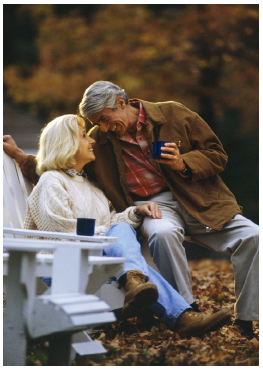
Health Risks
Hypothermia
Just being “really cold” can you make you very sick. Older adults lose body heat faster and tend to produce less body heat than younger adults. So being outside in the cold for too long or even in a cold house can cause a drop in body temperature resulting in hypothermia. Hypothermia is a serious problem as an older adult with low body temperatures can suffer from heart attacks, kidney problems or liver damage. Symptoms include shivering, cold or ashy skin, feeling tired or confused and slowed breathing. Protect yourself and stay warm by dressing with hats, scarves and loose layers of clothing and stay indoors with heat when it’s very cold or windy.
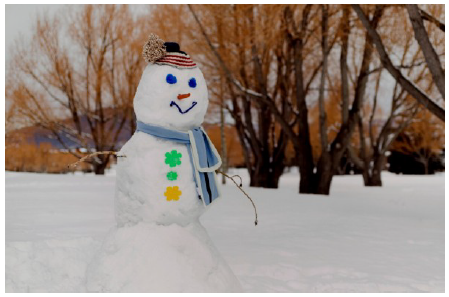
Short-term Illness
Winter is flu season and while the timing and duration of the flu varies, it usually peaks in January. The flu is a contagious respiratory illness caused by influenza viruses. It can cause mild to severe illness and at times can lead to death. According to the Centers for Disease Control influenza (and pneumonia) are the fifth leading cause of death among people 65 and older. Other common seasonal short-term illnesses include pneumonia and the common cold. Reduce your risk by eating healthy foods, getting plenty of rest, avoiding tobacco and getting a flu vaccine every year. The CDC also states that keeping your hands clean is one of the most important ways to prevent the spread of infection and illness. Wash your hands often and effectively by scrubbing your hands with warm water and soap for 20 seconds then drying with a paper towel. Carry hand sanitizer as a back-up.
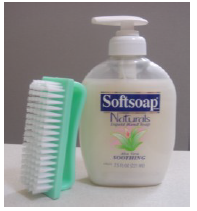
Accidents
Wintery weather conditions can increase your risk of various accidents.
- One out of three adults over the age of 65 fall every year, leading to injury, loss of independence or even death. During the winter, watch for slippery ice patches and snowy walkways, wear shoes with non-skid soles and most importantly, be aware of your surroundings and take your time.
- An average of 500 older adults are injured in motor vehicle crashes every day. Winter driving can be especially dangerous so slow down or do not drive on icy roads or snowy, rainy days. Also be sure to winterize your car and stock it with a few emergency items like a flashlight, water, blanket, first aid kit and carry a cell phone.
- Carbon monoxide poisoning (a deadly gas) increases during the winter as more people use furnaces, space heaters and fireplaces. Make sure your heating system or equipment is installed, serviced and used properly; this includes fireplaces and gas appliances too. Also, check or install smoke and carbon dioxide alarms.
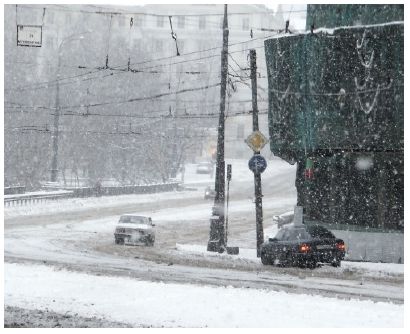
Winter Activities
Despite less than favorable weather conditions and cooler temperatures, winter time can still offer an abundance of activities. Staying active both physically and mentally is beneficial to your overall health and well being. So keep busy this winter and enjoy:
- Indoor activities like scrapbooking, writing your life story, indoor gardening, crossword puzzles, wood-working, reading or discovering a new hobby.
- Visiting indoor places of interest like a library, museum or catching a matinee movie.
- Taking a class or participating in an activity at your nearby senior center. Programs range from indoor swimming to computer basics to card clubs. They may even offer lunches and bus-chartered field trips.
- Traveling can take you to warmer destinations or offer an opportunity to see long-distance relatives or friends. Connecting with a local travel group can offer tour guides and group rates. Also, consider Road Scholar (1-800-454-5768) which offers educational travel and learning vacations. Remember to have a neighbor watch your home while you are away to reduce the risk of home burglary and safeguard your credit cards and personal information during your trip to avoid a stolen identity.
- Weather permitting, you can still enjoy an outdoor walk, a trip to your community park, bird watching or simply sitting on the porch with a hot cup of tea and the newspaper.
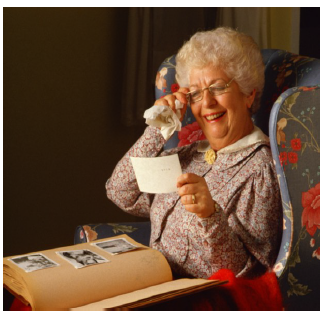
Holidays
Many often find their busy wintery days are filled with holiday celebrations and socials with family and friends. It is great to connect and celebrate but don’t let this be a time of stress, weight gain or illness.
- Holidays bring extra helpings, seasonal treats and festivities with lots of food. The National Institutes of Health found that most Americans never lose the weight they gain during the winter holidays. Avoid excess holiday pounds by selecting healthy foods and limiting your sweet indulgences and alcoholic drinks. The key is choosing all foods in the right proportion. Avoid going to a party hungry, and after eating gather the group for a walk or Wii bowling game to burn off extra calories.
- Reduce your risk of illness by washing your hands before cooking and eating. Encourage others to do the same. Make sure too that foods are cooked thoroughly and do not let food sit out on the table longer than 1-2 hours. If you are sick, stay home!
- Don’t stress over having “perfect” traditions, decorations, parties or gifts. Stress can lead to illness and overeating. Let go of what you cannot control, learn to say “no” and take time to revitalize yourself. Be thankful for what you do have and enjoy it!
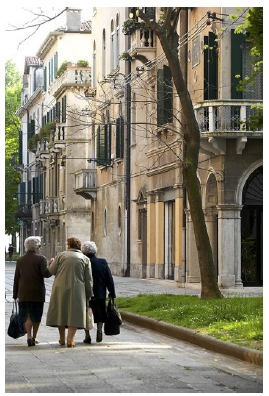
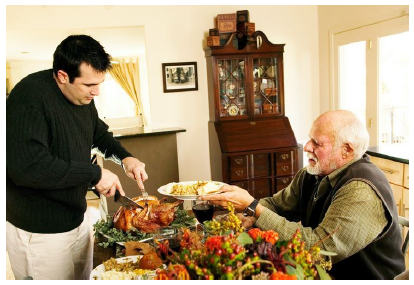
Winter Blues
Not feeling the same good cheer as your friends? Winter time offers shorter days with less sunshine, cooler temperatures, questionable weather and perhaps some holiday stress and absence of family and friends. This can intensify feelings of loneliness, sadness, isolation, anxiety and cause the “winter blues.” An estimated 2 million adults 65 and older have a depressive illness and it is often experienced more during the holiday season.
People experience the winter blues beginning in the fall and suffer a depressed mood lasting until spring. Those with winter blues experience changes in their mood, energy level and ability to concentrate brought on by a decrease in exposure to sunlight that affects our bodies’ hormone production. The winter blues can also lead to a more severe illness like Seasonal Affective Disorder or even long-term depression.
Here are some tips to reduce your risk or better manage your symptoms of winter blues:
- Make healthy food choices and avoid sugary, empty-calorie foods.
- Get a good night’s sleep and expose yourself to morning sunshine.
- Exercise! Many studies show that aerobic exercise decreases the feelings of depression, reduces stress, aids in sleep and improves your overall health.
- Make regular social outings, contacts with family or friends or enjoy a new hobby.
- Consider speaking with your doctor to discuss treatment options.

Winter Warmth—Home Energy Saving Tips
- Consider Energy Star appliances, lighting and home electronics. These products can save about one-third on energy bills.
- Do-it-yourself activities that are simple and inexpensive include: Seal air leaks; in-stall a programmable thermostat; service furnaces, boilers or heat pumps; change furnace filters every three months; and set your thermostat to 68 degrees.
- Utility companies may offer a monthly budget plan that can spread energy costs throughout the year (though they may be higher in the summer).
- Contact the Low-Income Home Energy Assistance Program (702) 486-1404.
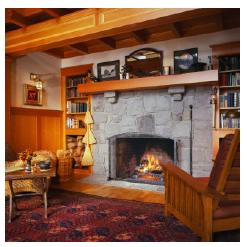
References:
Centers for Disease Control and Prevention. (2010). Statistics on accidental falls, influenza and motor vehicle safety. CDC. (Accessed 9/21/10).
National Institutes of Health. (2006). Stay safe in cold weather. NIH Publication Number 06-7349.
Traywick ( 2008). Winter blues and you. University of Arkansas Cooperative Extension Service. UAEX (Accessed 9/13/10).
Rabin (2005). 10 ways to avoid holiday weight gain. WebMD Feature. WebMD (Accessed 9/20/10).
Collins (2001). Senior Wellness Series: Preventing short-term illness. University of Nevada Cooperative Extension, FS-01-42 (recertified 2009).
For more information please contact Heidi Petermeier or Claudia Collins at (702) 222-3130.
*Brand names are used for illustration purposes only. The information given herein is supplied with the understanding that no discrimination is intended and no endorsement by Cooperative Extension is implied.
Collins, C. and Petermeier, H.
2001,
Winter Safety for Older Adults,
Extension | University of Nevada, Reno, FS-11-02


